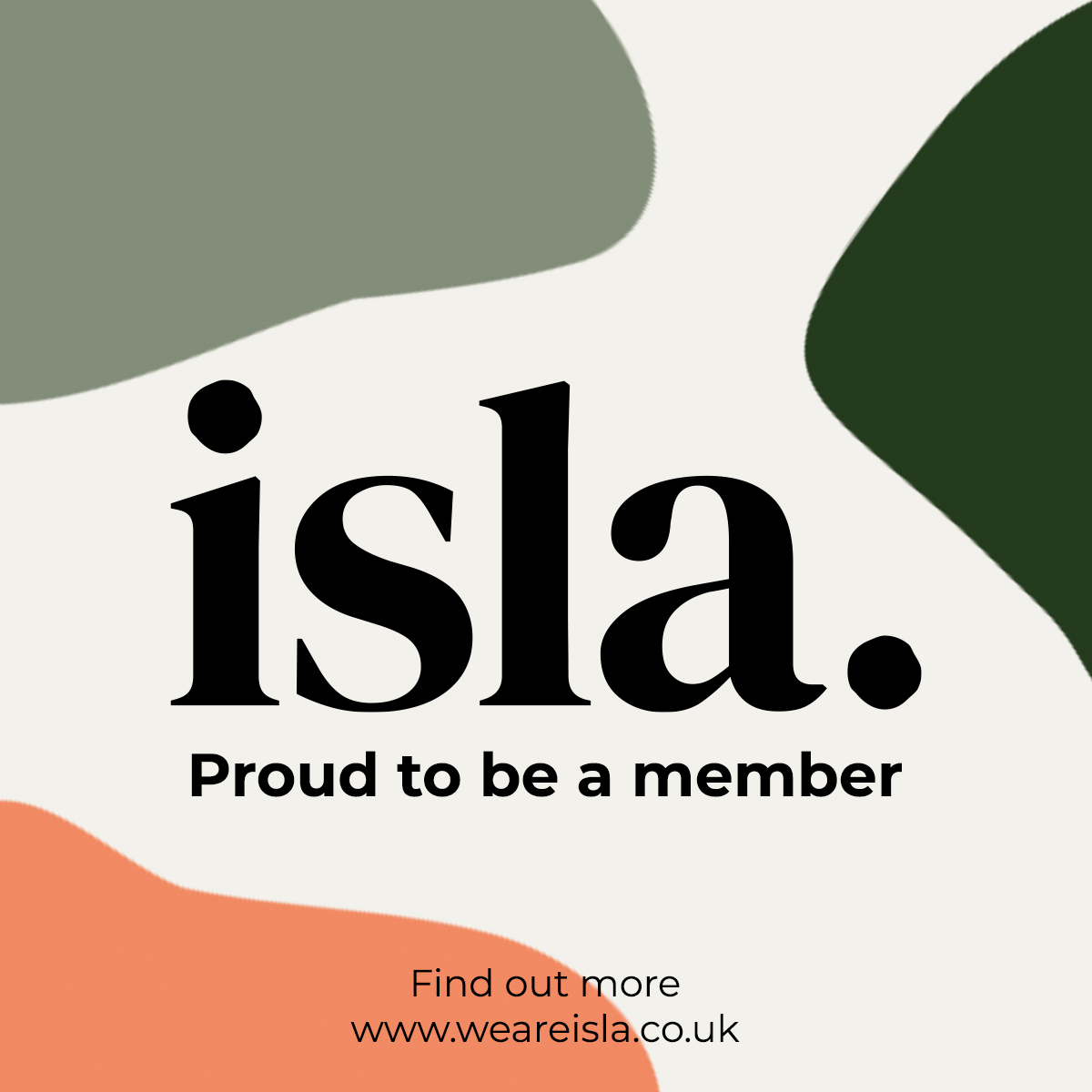Sustainability: isla Q&A.
Coronavirus has had a major impact on the experiential industry and recovery will take time, but this recovery MUST be a more sustainable one. That’s why we’re an early adopter member of isla, who thought it would be great to get to know our views on sustainability a bit better with this Q&A with Martin Cooper and Andy Sexton.
The idea behind isla is fantastic, the challenge immense and the ambition is high – we truly think this collaborative network will fast become a powerful force for good in an industry shamefully slow to reduce environmental impact.

Q1: Has your attitude towards sustainability changed as a result of Covid-19?
2020 was shaping up to be a record-breaking year for 2LK, full of huge experiential activations around the world. But we, like so many of our peers, were guilty of not fighting for sustainability to be top of the agenda with our clients. And then came COVID-19.
With a strong heritage in digital services and content production, we’ve been busy supporting brands to transition away from a reliance on face-to-face events and towards a suite of new virtual formats. The breathing space in physical builds has given us the chance to reflect and consider the full extent of our practices, processes and impact on the world.
There’s no doubt the links between human and planetary health have been epicly visualised through this crisis. From dolphins in the canals of Venice to CO2 maps over China, the pause in global travel has put into focus the effect of our collective actions, graphically animating the ecological disruption in a way that can no longer be ignored. The rare opportunity to stop for a while has made space for us to re-prioritise and re-focus, and sustainability is rightfully much higher up our agency agenda than it’s ever been.
Q2: Why is collaboration as an industry important to you?
Experiential is gloriously format-free and thus demands collaboration at every level, with strong partnerships pivotal to all the greatest success stories. When it comes to driving sustainability higher up the agenda, the demand is no different. It’s reliant on collective alignment, ambition and action.
Whether you’re a client, agency, supplier or organiser, the power we each have is amplified many-fold by the common goals agreed in the spirit of collaboration. In a largely unregulated industry, we must not look externally for enforcement of the change that’s needed. Instead, we must all proactively advocate for sustainability. Eventually this will reach such a critical mass that sustainable solutions become the norm.
Q3: What do you feel will be the key measures of success for isla in the first year?
Deepening the membership pool is the critical first stage. The bigger we can make this collective, the more powerful it will become. Breadth beyond agencies, into the wider supply chain, will be vital. Then it will be feasible (and essential) to capture a deep and accurate audit of the true scale of the problem today. Without reliable data at the outset, it will be tough to agree action plans, chart progress and illuminate progress.
Success will also be in keeping sustainability targets intertwined with actual client work. We all know it’s not always easy to find cost-effective, sustainable solutions – and that it often takes time to do so. With many organisations smaller than they were pre-COVID, they risk becoming overwhelmed by volume of work. Making sure that we all have good tools to hand will be even more important, so that sustainability doesn’t fall off the priority list if that happens.
Q4: What does it mean for you to be an early adopter of isla?
There’s already a stellar collective of agencies united behind this initiative. As early adopters, it’s our hope that we can help to shape isla’s future direction, by adding another voice and perspective to the conversation – and more importantly, by amplifying the message. We’re excited by the prospect of building new relationships with other members, knowledge-sharing, and contributing to peer working groups to build a strong and more united collective.
Special thanks to isla for first publishing this Q&A on 16 October 2020.
More reading:
Change before you have to: Experiential 2.0